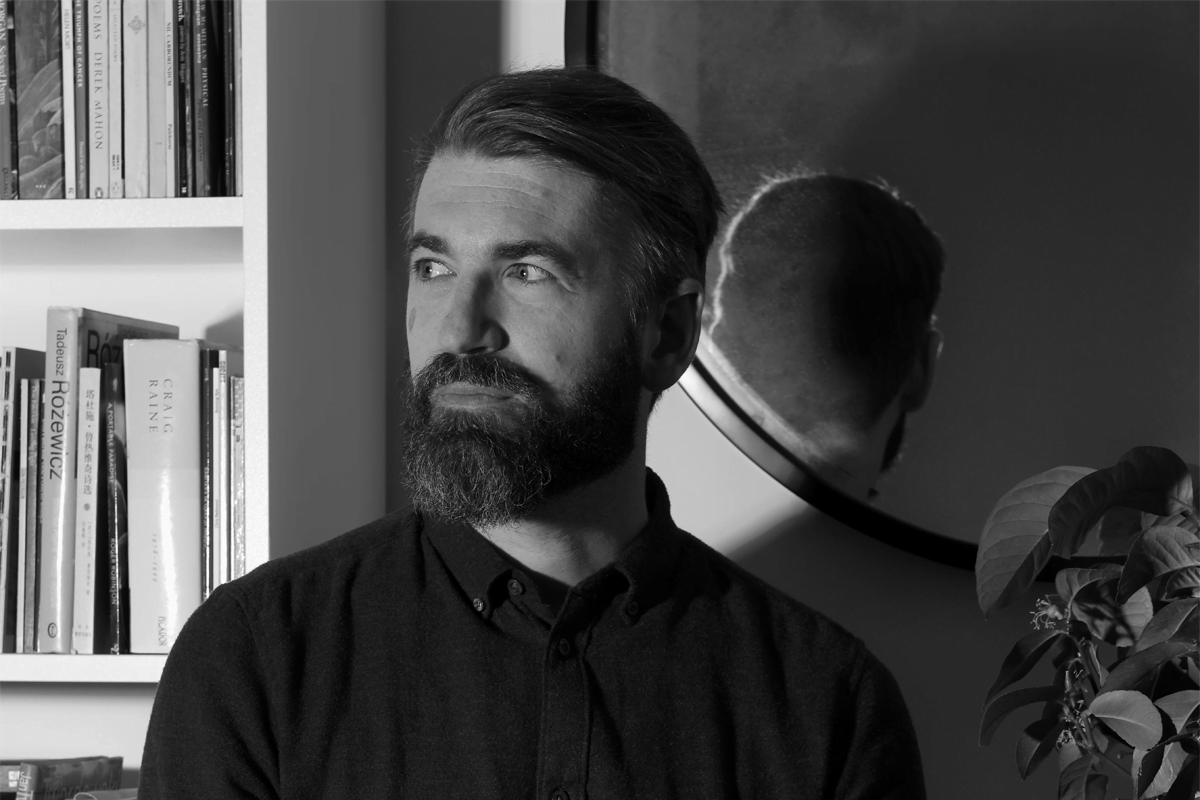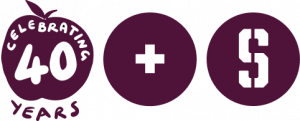Bits of a Poet

“Understanding comes in different forms, and poems are not riddles.” – Bohdan Piasecki
We build poems out of bits of language. Words, and groups of words, and ways in which words interact. We each amass a different set of these bits, and even the ones we ostensibly share we imbue with different meanings. Right? You might know the word tramway, for example, but unless you grew up where I did, you probably see a different tram to me (nr 18, boxy, red and yellow, turning from Puławska into Woronicza; the one I took home from school).
To me, some of the most interesting poems are the ones constructed out of the bits only the individual poet has collected. Or the ones which use familiar bits in ways nobody else knows. People have told me before that everything has been written about already, and each time I say of course, of course, but not by you! Not using your words, not using them your way. Not built out of your bits.
Maybe I should use the term ‘bits’ less. To me, it means element, fragment, building blocks. I think it can also be a little rude? But that’s not how I use it; I’ve never said to mean anything other than part, subdivision, or small piece. So, never mind. Bits it is.
My bits come from three different languages: Polish, my family’s language, the one with which I grew up; French, the language of my education (a long story); and English, the language I chose, the one in which I live. In my daily life all of these are mixed up. We like to talk of first languages or mother tongues, but my experience – and, I have been assured, that of many migrants like me, and those who live in societies that use more than one language – is different. The languages aren’t separate. They are one set of words, one big bag of bits.
What do trees do in the wind in English? They rustle. What does the radio do when the signal is bad? Does it crackle, maybe plays static. What’s the word for the noise made by a distant crowd? Or by a wave that hits the shore? In Polish, there is one word for all of these: szum. The tree, the sea, the people, the radio, they all szum. I know this, and it makes me want to write a poem in English that brings all these sounds together. I don’t even have to explain why. In the poem, the language made the association for me and now I can use it. It makes it easier for me to say a crowd is crashing, a radio rustling, or to talk about the static of the trees.
Polish is the second most spoken language in the UK, but it’s still only 1.1% of the population. I can safely assume that if some of my poem is in Polish, most of the people who read or hear it will not understand. This gives me a way of removing meaning but still being able to include things which are recognisably ‘language’. I can use it to bring attention to the music of the words; to invite people to be active in my poem, to make their own meaning; to make something opaque, resistant, or different for different people.
In English you kill two birds with one stone. In Polish you cook two roasts on one fire. In French you also use a stone to strike twice, but French doesn’t name the target.
When Kaveh Akbar writes1
I don’t remember how to say home
in my first language, or lonely, or light.
I remember only
delam barat tang shodeh, I miss you,
and shab bekheir, goodnight.
I feel like I am remembering his Persian with him. I share the loss of something I never had. I keep going back to these definitions as the phrases return in the poem.
When Romalyn Ante writes2,

and later, in the same poem:

I can’t read the script. I have no access to this word – which is also the title of the poem. I read it differently to someone who knows Babayin, the ancient Tagalog script. And yet the poem stands out to me. I feel affected by it. I feel sad and thrilled. Understanding comes in different forms, and poems are not riddles.
When I said I’d try to write about multilingual writing, I quickly realised I’d fallen into a trap. It’s not multilingual writing I’m interested in. It’s the language that comes from a specific human being. Something different, something theirs. I can speak for myself: I never sit down to write a multilingual poem. I just try use the bits that work best for each poem.
In anglophone societies, this has a long and difficult history. Promoters and publishers sometimes assume audiences and readers will feel excluded by what they don’t understand. English sometimes feel like an impermeable monolith. But another language is an addition, not a substitution. We all end up richer: we get a poem, and we go home with new bits.
See? One fire. Two roasts.
***
Endnotes:
1. The poem cited is Do You Speak Persian, from Calling a Wolf a Wolf
2. The poem cited is , from Antiemetic for Homesickness
About Bohdan Piasecki

Bohdan Piasecki is a poet from Poland based in Birmingham. A committed performer, he has taken his poems from the upstairs room in an Eastbourne pub to the main stage of the Birmingham Repertory Theatre, from underground Tokyo clubs to tramways in Paris, from a bookshop in Beijing to an airfield in Germany, from niche podcasts to BBC Radio. In the UK, he regularly features at the country’s most exciting spoken word nights, festivals, and readings. He enjoys the creative chaos of big field festivals just as much as the composed concentration of literary events.
Bohdan founded the first poetry slam in Poland before moving to the UK to get a doctorate in translation studies. He has worked as Director of Education on the Spoken Word in Education MA course at Goldsmiths University, and was the Midlands Producer for Apples and Snakes between 2010 and 2017. He is Assistant Professor in Creative Writing at the University of Birmingham. He also works as Creative Producer, and sits on the board of the Poetry Translation Centre.
Website: bohdanpiasecki.com | Instagram: @wordrain | Twitter: @beveryquiet
Photo credit: Colin Potsig
This blog is part of our Behind The Words series. This project is aimed at highlighting poets of all backgrounds, journeys, style and personalities up and down the country. We want to remove the stereotype that poets only come in one form; typically white, well educated and middle class. You don’t need to be a certain way or have a specific background to be a poet.
